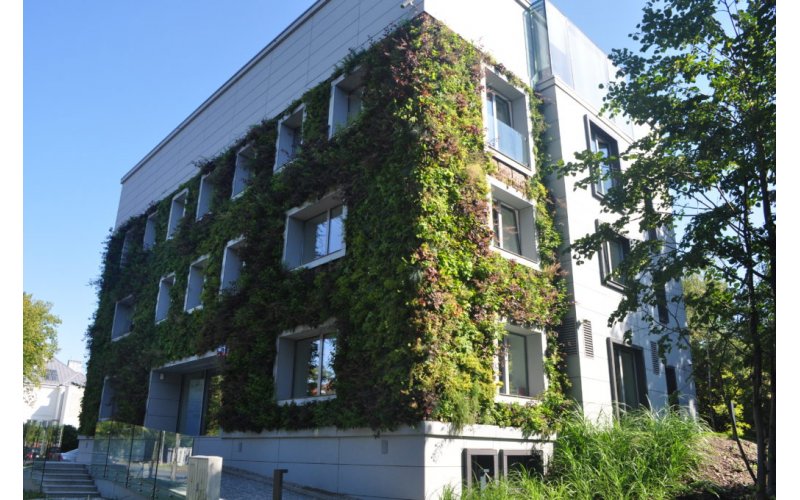The idea of nature having multiple benefits for urban management and planning is gaining prominence alongside the rise of climate change awareness. It is expressed through concepts such as nature-based solutions (NbS), ecosystem-based adaptation (EbA), and blue-green infrastructure (BGI). Despite their popularity in the international arena, relatively little is known about how these concepts are used and interpreted at the local level, which has implications for policy formulation and actions. This paper examined both direct and indirect references to these concepts, as well as the reasons for their potential omission. By analysing policy documents and interviews with practitioners and activists from four Polish cities (Gdansk, Krakow, Warsaw, Wroclaw), it discussed the uneven and ambivalent uptake of concepts in the urban green and blue space (UGBS) governance. While the reluctance to use new terminology was often explained by accessibility and efficiency concerns, it also revealed some conceptual confusion. The contribution of this study is twofold: 1) providing a more nuanced understanding of the conceptual ambiguity surrounding the NbS, EbA and BGI concepts and the gap between international policy rhetorics and local interpretation; 2) expanding the geography of research on urban climate adaptation and urban green spaces which tends to overlook the countries of Central and Eastern Europe.

